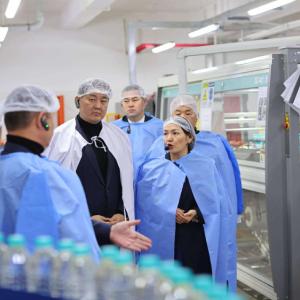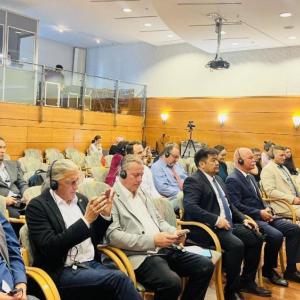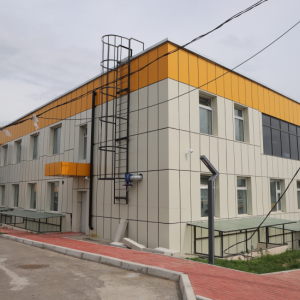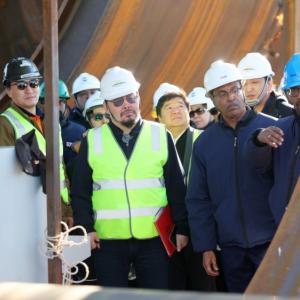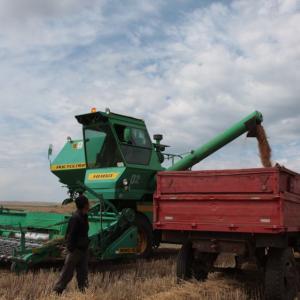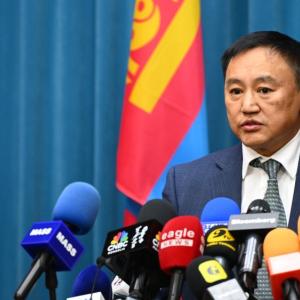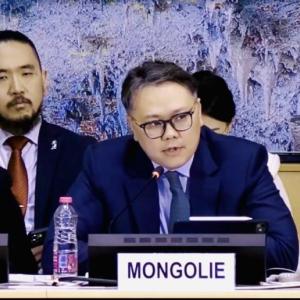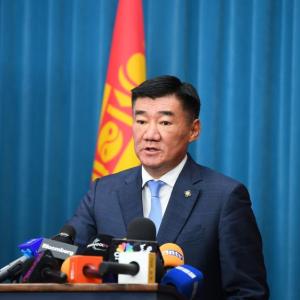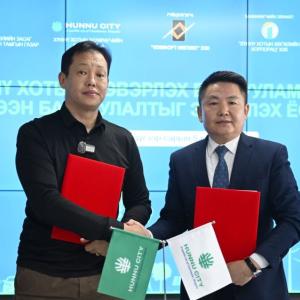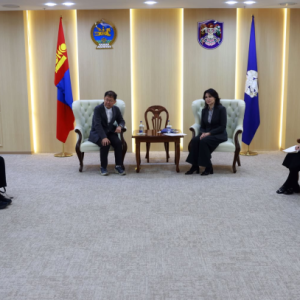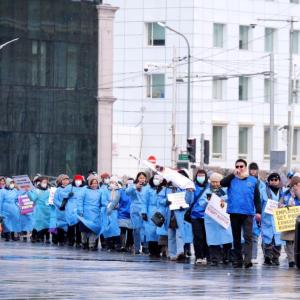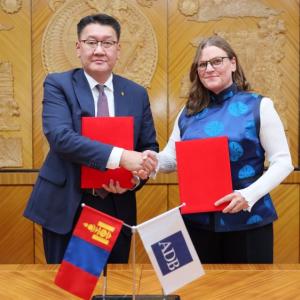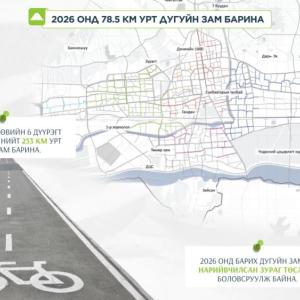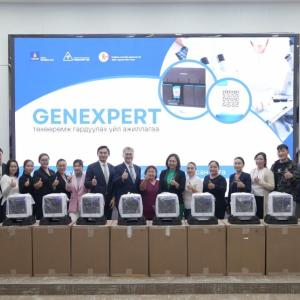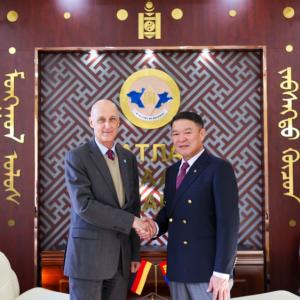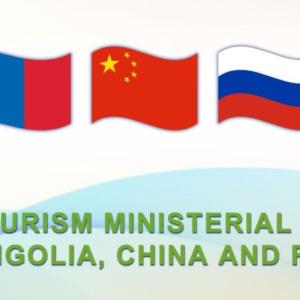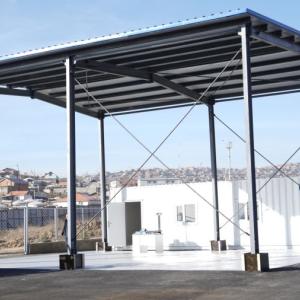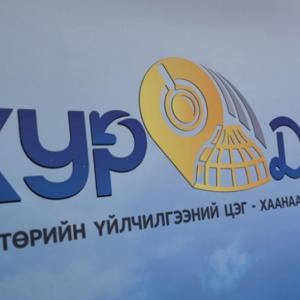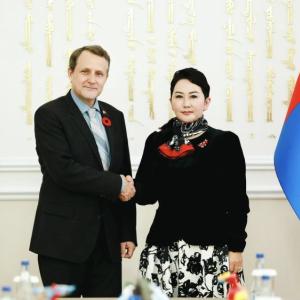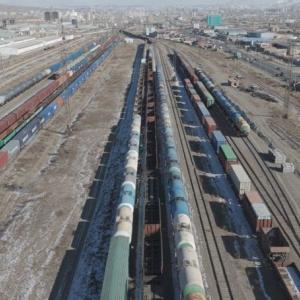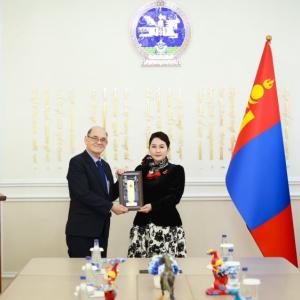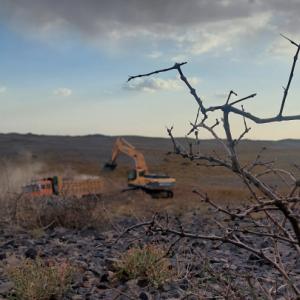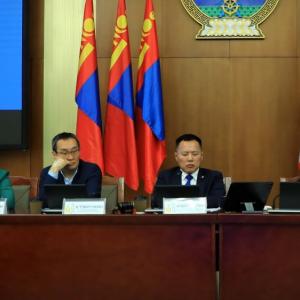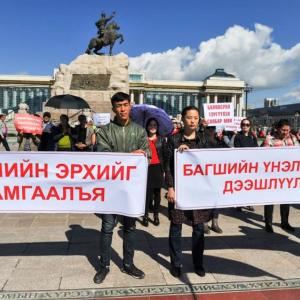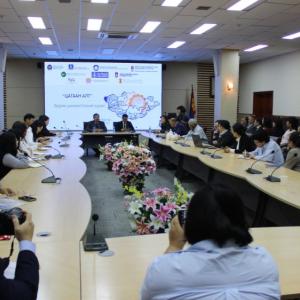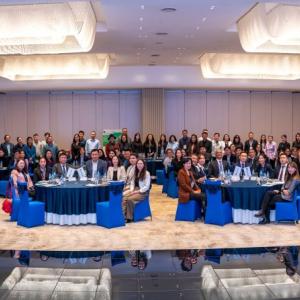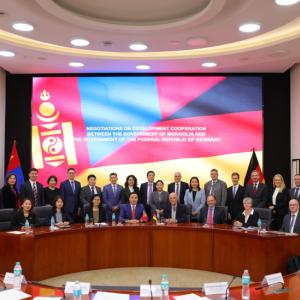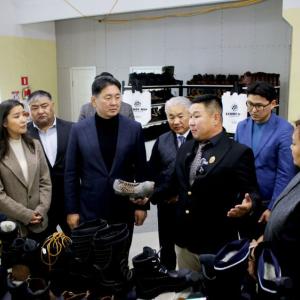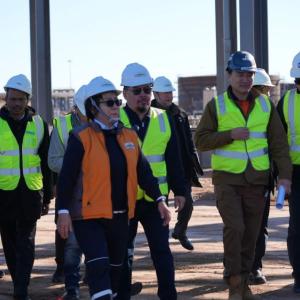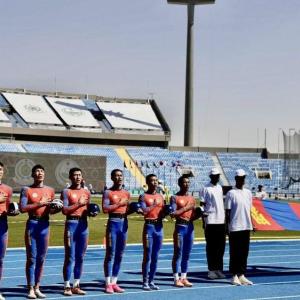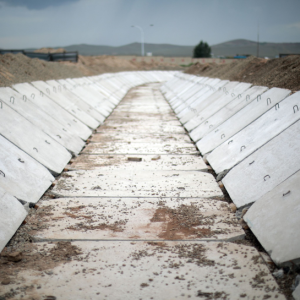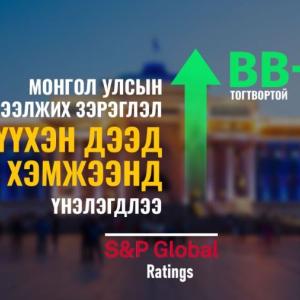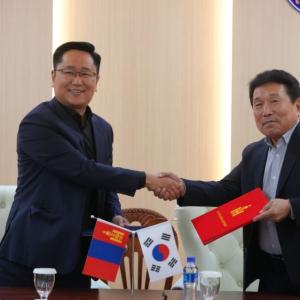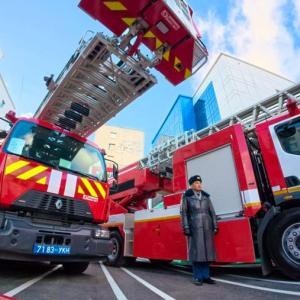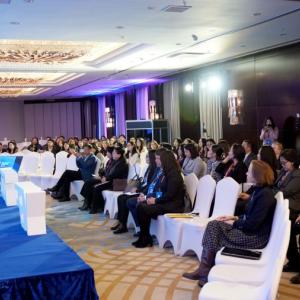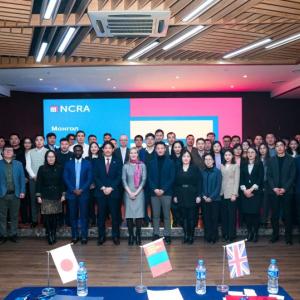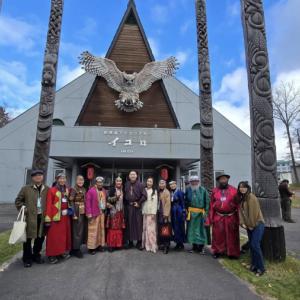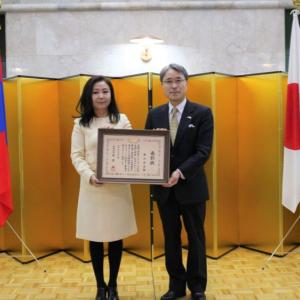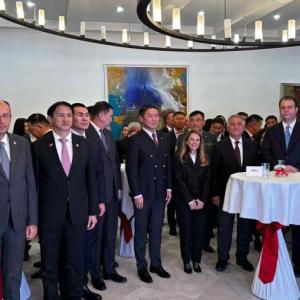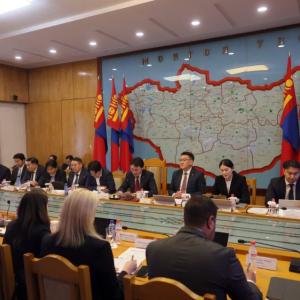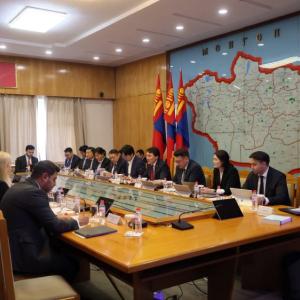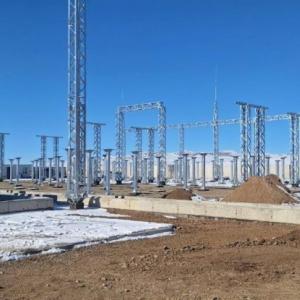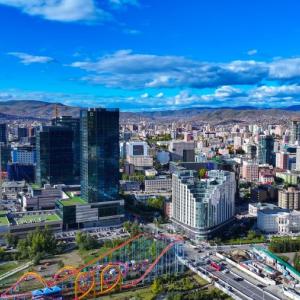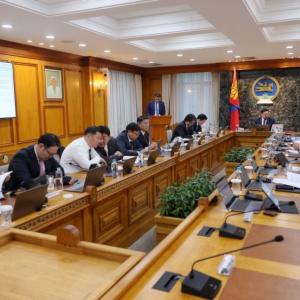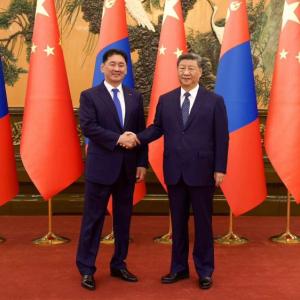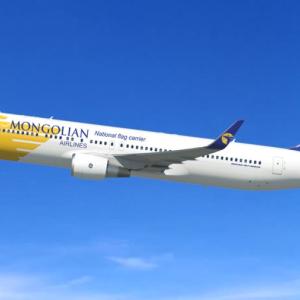New World Bank Country Partnership Framework to Focus on Sustainable, Resilient Recovery in Mongolia
Society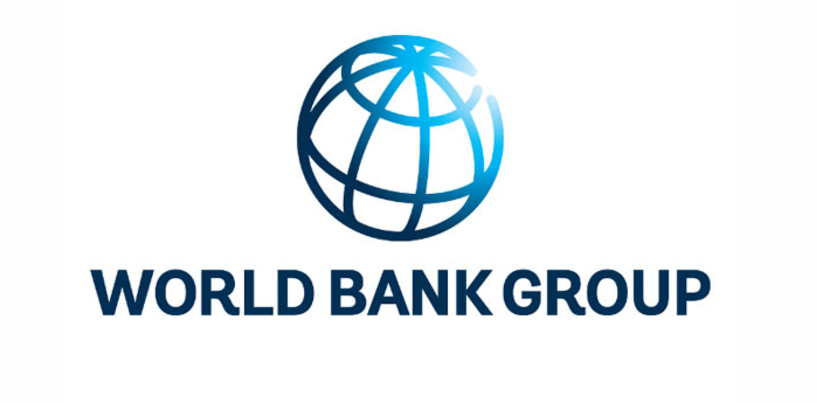
Ulaanbaatar /MONTSAME/. On May 25, 2021, a new Country Partnership Framework (CPF) for Mongolia was discussed by the World Bank Group’s Board of Executive Directors. The strategy, which covers the period of FY2021-2025, aims to support Mongolia in overcoming the COVID-19 crisis in the short term, while working towards a more sustainable, inclusive, and resilient recovery into the future, with a strong focus on job creation and climate resilience.
“The CPF comes at a critical time to help Mongolia overcome the COVID-19 crisis, while simultaneously supporting reforms and providing investments that can build lasting growth, create jobs, and increase resilience to the impacts of climate change,” said Martin Raiser, World Bank Country Director for Mongolia. “As we celebrate the 30th anniversary of our partnership with Mongolia this year, we will continue our journey together to support Mongolia’s efforts to build a more prosperous future.”
Over the past decade, Mongolia’s economy has grown rapidly and has made important progress in reducing poverty and improving people’s wellbeing. However, this growth has been volatile and has not generated shared prosperity for all. Job creation remains a critical challenge for the country, especially among the younger population. These challenges have been worsened by the COVID-19 pandemic, which has taken a heavy toll on people and the economy despite of substantial government support.
Under the overall objective of promoting resilient recovery and inclusive and sustainable growth, the Country Partnership Framework has three key focus areas:
- Strengthening economic governance. The World Bank Group (WBG) will support the strengthening of fiscal management and institutions, promote financial stability and improved governance, and help to enhance of the efficiency and effective use of public resources for better public service delivery.
- Boosting competitiveness. The WBG will support improvements in the business environment in order to attract investment, promote better access to finance - especially for Small and Medium Enterprises (SMEs), and invest in sustainable infrastructure in transport, energy, and digital services to improve the country’s connectivity. The WBG will also continue working on sustainable and high-quality mining investments - a critical part of Mongolia’s economy - while simultaneously placing a strong focus on supporting those non-mining sectors with high potential for job creation, including the agriculture and livestock sectors, the digital economy, and tourism, among others.
- Improving quality of life. The WBG will work to enhance healthcare services - particularly the public health response to COVID-19, including the deployment of vaccines. It will provide support to improve the quality of education and strengthen the social protection system by making it both more targeted toward the country’s poorest populations and more fiscally sustainable. Investments to improve air quality, heating services, urban transportation, and other municipal services to improve livability in Mongolia’s urban centers are also planned under this focus area.
In addition, the new CPF puts renewed emphasis on job creation and climate resilience - two cross-cutting themes that will be embedded in all WBG engagements. Based on the strong belief that economic development opportunities and climate action are complementary in the long run, the WBG will aim for greater ambition to support creating more and better jobs for Mongolians, especially youth and women, and improving climate resilience for future generations.
“In formulating the strategy, we worked closely with central and local governments, development partners, private sector actors, and civil society stakeholders throughout Mongolia,” said Andrei Mikhnev, World Bank Country Manager for Mongolia, “We look forward to working with all our partners to put this strategy into action. This CPF will serve as a strong roadmap to steer our partnership.”
The strategy is anchored by Mongolia’s national development strategy - Vision 2050 - as well as the government’s program and the World Bank Group’s twin goals of eradicating poverty and boosting shared prosperity. This is Mongolia’s first CPF as an International Development Association (IDA) graduate, with the country becoming an International Bank for Reconstruction and Development (IBRD)-only client on July 1, 2020.
 Ulaanbaatar
Ulaanbaatar





